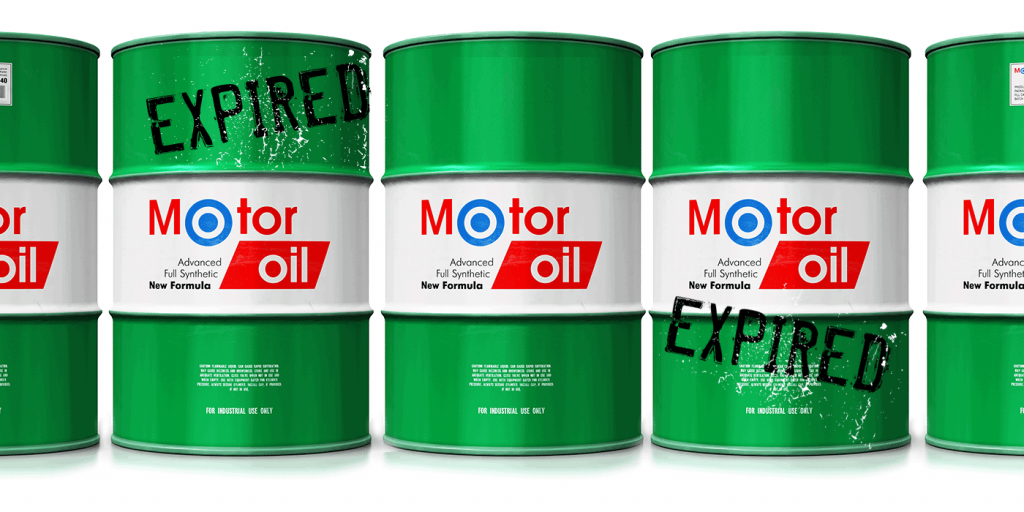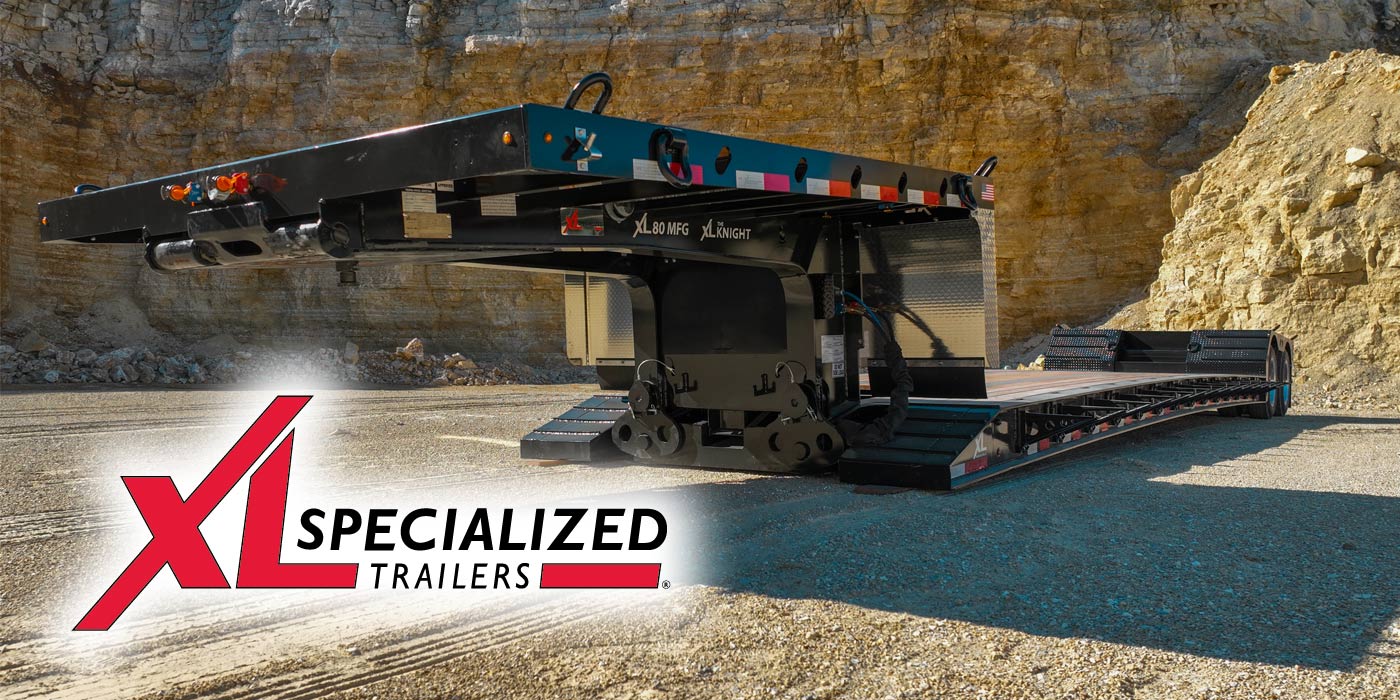It’s easy to think of oil as a commodity buy. You put in your bulk order, set up your delivery schedule and roll your PMs without thinking much about it. But bulk oil comes with a hefty bulk of considerations. That’s why we’re diving into the specifics to ensure that you keep your engine oil investment working productively and protecting convincingly.
Buy enough of something and you start to think: “Will this go bad?” We’ve all opened a gallon of milk only to be assaulted by the pungent stench of spoilage. That’s the last thing you’d want for your engine oil. So, can it expire?
The answer starts with storage.
“Any stored bulk fluid risks the potential for contamination,” said Kenneth Tyger, director of technical services with D-A Lubricant Co. Inc. “Bulk tanks or similar storage containers have been known to ingress moisture and ambient dust particulates. The aforementioned becomes more prevalent when tanks are stored outside—exposed to the elements—or kept in uninsulated buildings.”
But contamination isn’t the only worry a fleet manager may face in storing fluids.
“Fluid exposed to significant extremes like heat and/or moisture would certainly degrade to a point of being unusable, as would the likelihood of contamination when kept around for lengthy periods,” he said, and drew a parallel to shelf life of a packaged product.
“If an oil product is stored indoors in a cool, dry environment—preferably elevated or off the floor on pallets, free of excess heat, light and moisture, and not exposed to wide ambient temperature fluctuations—a typical packaged oil shelf life of three years can be expected.”
“The storage of any given fluid, specifically that of a fluid purchased with the intent of utilizing within several weeks, if not months or even years, should be considered carefully.”
Kenneth Tyger, D-A Lubricants Co. Inc.
As a fleet manager, your challenge is that you want enough bulk oil to cover your maintenance needs, but you don’t oil sitting around forever; that’s just poor resource management in both monetary and product terms.
“Oil sitting idle with no movement or agitation in storage for extended periods of time [10 to 15 years], even under ideal conditions—clean, dry, temperature-controlled environment—in sealed plastic containers is one of the most demanding of conditions for a fluid,” Tyger said, noting that even the type of plastic typically used for motor oil bottles (HDPE) is not totally impervious to air and/or moisture infiltration from the environment. “This type of storage can result in additive drop out and/or moisture infiltration, making the fluid unsuitable for use.”
According to Tyger, once a fluid has been sitting for so long the only way to confirm that its integrity is still intact is by an oil analysis from a qualified laboratory. Another consideration is to assure all bulk storage tanks have functional breather and filtration systems.
“Bottom line,” Tyger concluded, “the storage of any given fluid, specifically that of a fluid purchased with the intent of utilizing within several weeks, if not months or even years, should be considered carefully.”














